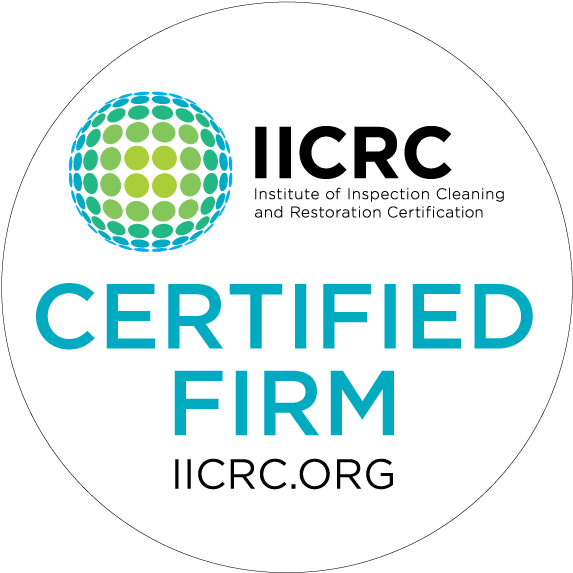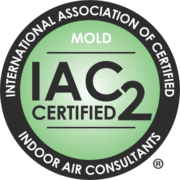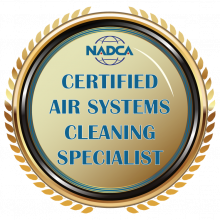Health Risks Associated with Exposure to Mold Growth Indoor
Mold can pose various health hazards to individuals, particularly those with sensitivity or pre-existing health conditions. Some common health hazards associated with mold exposure include:

Respiratory Issues: Mold spores can be inhaled, leading to respiratory problems such as coughing, wheezing, and throat irritation. Individuals with asthma or allergies are particularly susceptible to these symptoms.

Allergic Reactions: Mold allergens can trigger allergic reactions in some people, causing symptoms like sneezing, runny or stuffy nose, itchy or watery eyes, and skin rashes.

Asthma Exacerbation: Mold exposure can worsen asthma symptoms and increase the frequency and severity of asthma attacks in individuals with the condition.

Sinus Infections: Prolonged exposure to mold can lead to sinusitis, an inflammation of the sinuses that can cause headaches, facial pain, and nasal congestion.

Fungal Infections: In rare cases, mold exposure can lead to fungal infections, particularly in individuals with weakened immune systems. These infections can affect the skin, lungs, or other organs.
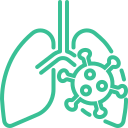
Hypersensitivity Pneumonitis: Some people may develop hypersensitivity pneumonitis, an inflammatory lung disease, after repeated exposure to mold spores.

Irritation of Eyes, Skin, and Throat: Mold can cause irritation to the eyes, skin, and throat, leading to discomfort and sometimes more severe symptoms.

Neurological Symptoms: Although less common, some individuals may experience neurological symptoms, such as headaches, memory problems, and mood changes, due to mold exposure.

Exacerbation of Other Health Conditions: Mold exposure can worsen the symptoms of other chronic conditions, including chronic obstructive pulmonary disease (COPD) and bronchitis.
